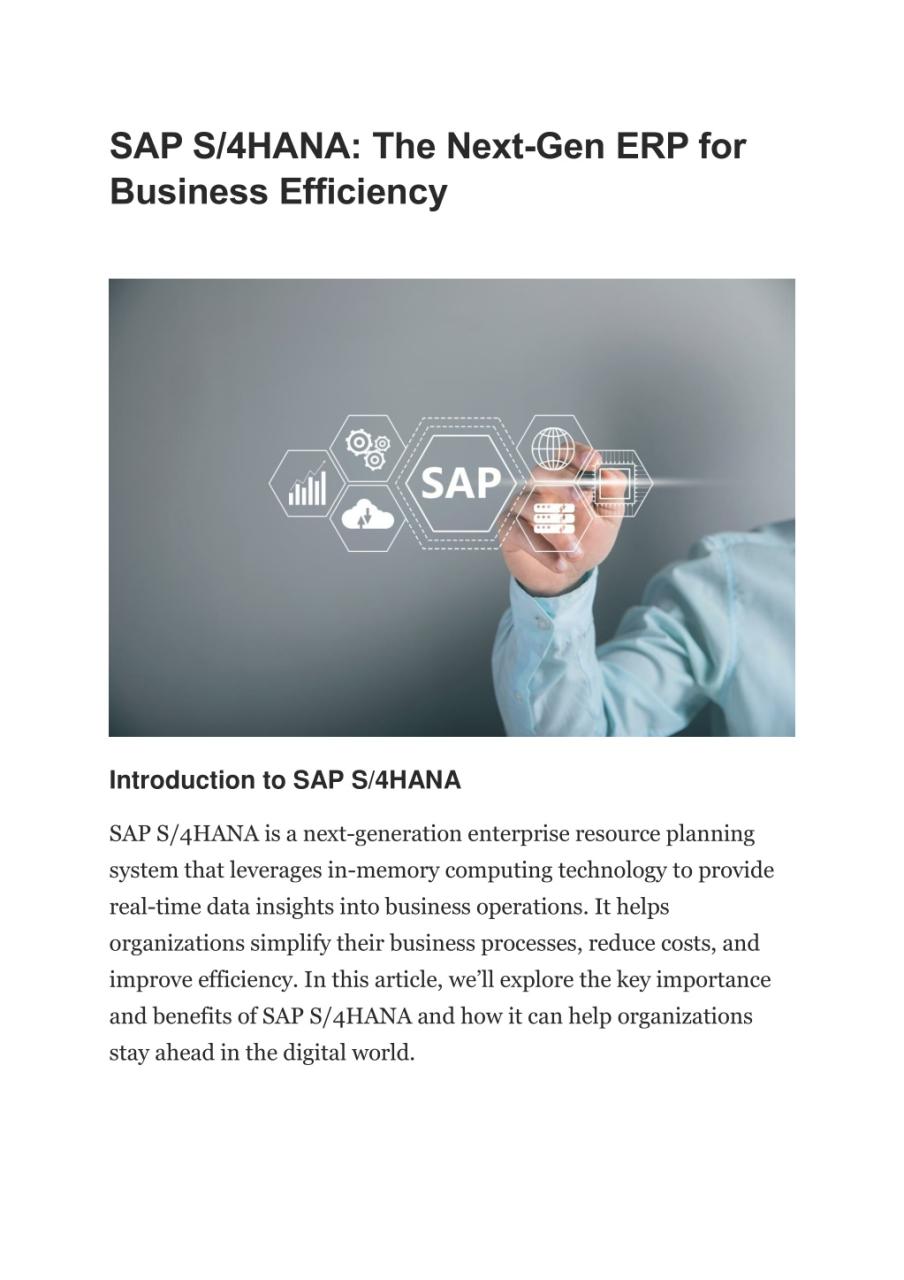Construction ERP: A Comprehensive Guide to Streamlining Your Construction Business
Introduction
In today’s competitive construction industry, it’s imperative to leverage technology to optimize operations and gain a competitive edge. Construction ERP (Enterprise Resource Planning) software has emerged as a transformative solution for construction companies, offering a centralized platform to manage all aspects of their business, from project planning to financial management.
What is Construction ERP?
Construction ERP is an integrated software system that streamlines and automates various business processes within a construction company. It provides a single, comprehensive platform that connects different departments, including project management, accounting, human resources, and supply chain management.
Benefits of Construction ERP
-
Improved Project Management: Construction ERP enables real-time project tracking, resource allocation, and cost control. It helps teams stay organized, meet deadlines, and deliver projects on time and within budget.
-
Enhanced Collaboration: The centralized platform fosters collaboration among project teams, allowing them to share information, documents, and updates seamlessly. It eliminates communication silos and improves coordination.
-
Streamlined Financial Management: Construction ERP automates accounting processes, including invoicing, expense tracking, and financial reporting. It provides real-time financial visibility, enabling companies to make informed decisions.
-
Optimized Supply Chain Management: The system integrates with suppliers and vendors, facilitating efficient procurement, inventory management, and logistics. It helps reduce costs, improve delivery times, and ensure project materials are available when needed.
-
Increased Productivity: By automating repetitive tasks and eliminating manual processes, Construction ERP frees up time for project managers and other employees, allowing them to focus on more strategic initiatives.
 .
.
 .
.
Disadvantages of Construction ERP
-
Cost: Implementing Construction ERP can be a significant investment, requiring hardware, software, and ongoing maintenance costs.
-
Complexity: Construction ERP systems are complex and require specialized knowledge to implement and manage. It’s essential to have a dedicated IT team or partner to ensure smooth operation.
-
Data Security: Construction ERP contains sensitive project and financial information, making it crucial to implement robust security measures to protect against data breaches.
-
Training: Training employees on the new system can be time-consuming and requires a commitment from the organization.
-
Customization: Construction ERP systems may not be fully customizable, which can limit the ability to tailor them to specific business needs.
Essential Features of Construction ERP
-
Project Management: Scheduling, resource allocation, task management, document sharing
-
Financial Management: Accounting, invoicing, expense tracking, financial reporting
-
Supply Chain Management: Procurement, inventory management, vendor management
-
Customer Relationship Management (CRM): Lead management, contact management, project tracking
-
Human Resources Management (HRM): Payroll, benefits, time tracking, employee management
-
Document Management: Centralized storage and retrieval of project documents, contracts, and plans
-
Reporting and Analytics: Customizable reports and dashboards for project performance, financial analysis, and supply chain optimization
FAQs
-
What are the benefits of using Construction ERP?
- Improved project management, enhanced collaboration, streamlined financial management, optimized supply chain management, increased productivity
-
What are the disadvantages of Construction ERP?
- Cost, complexity, data security, training, customization
-
What are the essential features of Construction ERP?
- Project management, financial management, supply chain management, CRM, HRM, document management, reporting and analytics
-
How can I choose the right Construction ERP system for my company?
- Consider your business needs, budget, and project size. Research different vendors and read customer reviews.
-
How long does it take to implement Construction ERP?
- The implementation timeline varies depending on the complexity of the system and the size of the company.
-
How much does Construction ERP cost?
- The cost depends on the system’s features, the number of users, and the implementation costs.
-
Is Construction ERP worth the investment?
- Yes, the benefits of improved project management, increased productivity, and streamlined operations typically outweigh the costs.
-
What are the latest trends in Construction ERP?
- Cloud-based systems, mobile apps, artificial intelligence (AI), and data analytics.
-
How can I get started with Construction ERP?
- Research vendors, assess your needs, and consult with an ERP implementation specialist.
Conclusion
Construction ERP is a powerful tool that can transform construction businesses. By streamlining operations, improving collaboration, and optimizing resource utilization, it empowers companies to increase productivity, reduce costs, and deliver projects successfully. While there are some challenges to consider, the benefits of Construction ERP far outweigh the drawbacks. By investing in the right system and implementing it effectively, construction companies can gain a competitive advantage and position themselves for long-term success.
 .
.

